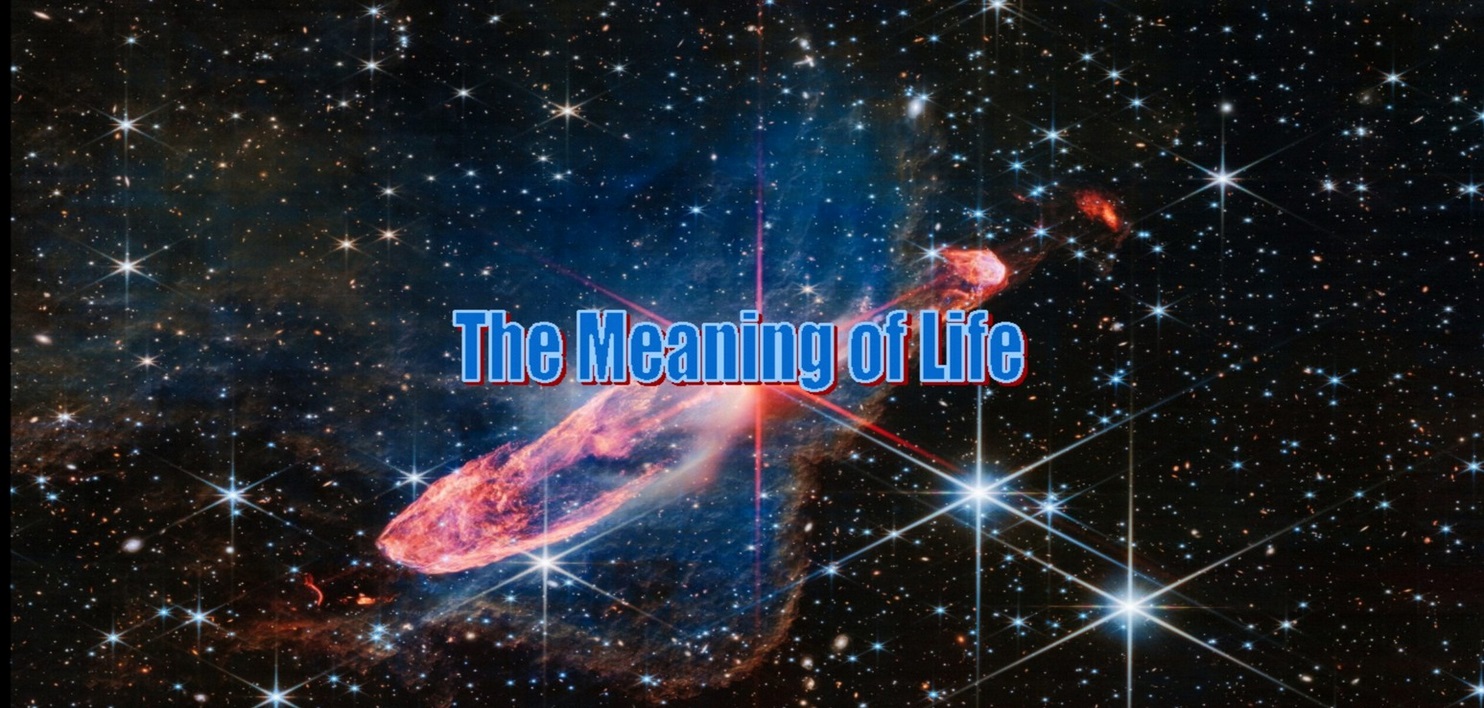Possible Societies
The Meaning of Life: A Cosmic Perspective
Imagine for a moment that you're standing under a clear night sky, gazing up at the countless stars twinkling above. In that vast expanse, our planet is but a tiny speck, and you—a collection of atoms that can contemplate its own existence—are even smaller. Yet here you are, pondering one of the most profound questions in the universe: What is the meaning of life?
This book invites you on an extraordinary journey—one that challenges our most fundamental assumptions about our existence and our place in the cosmos. Together, we'll explore groundbreaking scientific discoveries that shed new light on the origins of life, and we'll examine how these findings might radically reshape our understanding of why we're here.
What if I told you that the answer to life's meaning isn't found in ancient texts or philosophical debates, but hidden within the very molecules that make up your body? What if the story of our existence is far more incredible—and purposeful—than we ever imagined?
As we embark on this quest, we'll confront three prevailing theories about our origins:
1. We're the creation of a supernatural being, placed here for reasons beyond our comprehension.
2. We're the product of random chance, a cosmic accident with no inherent meaning.
3. We're the result of an intentional process—not supernatural, but natural—with a purpose we've yet to fully understand.
Throughout this book, we'll examine compelling evidence that points towards this third option. We'll delve into the intricate world of DNA, exploring not just one, but three separate codes hidden within its structure. We'll unravel the mystery of the 'alpha helix', a pattern so precise and universal that it defies explanation by random chance. And we'll consider the implications of these discoveries for our understanding of life's meaning.
But this isn't just an academic exercise. The way we answer the question "Why are we here?" profoundly shapes our world. It influences how we structure our societies, how we treat each other, and how we view our responsibility to the planet and future generations. If we're here by design—not divine, but cosmic—what does that mean for our purpose? What responsibilities might that entail?
As we explore these questions, we'll challenge long-held beliefs and confront uncomfortable truths. We'll question the wisdom of organizing our world into competing nations, each vying for dominance. We'll examine the potential consequences of our current path and consider alternatives that align with a deeper understanding of our place in the cosmos.
This journey won't always be easy. It will require us to think critically, to question our assumptions, and to be open to new possibilities. But the potential rewards are immense. By understanding the true nature of our existence, we might just find a way to transcend our current challenges and create a future worthy of our cosmic heritage.
Are you ready to challenge everything you thought you knew about the meaning of life? Are you prepared to consider that your actions—yes, yours—could be pivotal in shaping the destiny of our species? Then turn the page, and let's begin our adventure. The universe is waiting.
This 3D visualization portrays about 5,000 galaxies within a small portion of the CEERS (Cosmic Evolution Early Release Science) Survey, which gathered data from a region known as the Extended Groth Strip. As the camera flies away from our viewpoint, each second amounts to traveling 200 million light-years into the data set, and seeing 200 million years further into the past. The appearances of the galaxies change, reflecting the fact that more distant objects are seen at earlier times in the universe, when galaxies were less developed. The video ends at Maisie's Galaxy, which formed only 390 million years after the big bang, or about 13.4 billion years ago.

We would love to hear your thoughts! To post a comment, please log in or register first. Your insights are valuable to our community.